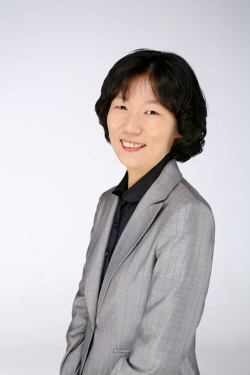
Professor BAEK Sung Hee
The research team led by Professor BAEK Sung Hee of SNU's College of Natural Sciences has discovered the transmission process of genetic information from mother cell to daughter cells in the cell division procedure. Their research is expected to be the cornerstone for developing new treatments for various genetic diseases resulting from abnormal cell division. The research team identified that the malfunction of a protein named Mis18α brings about the problem of cell division, thereby causing genetic disorders. Their research results were published in the May 19 issue of Molecular Cell, which is a sister journal of Cell.
During the cell division procedure, a chromosome inside the nucleus is cloned and divided into two cells. Centromere, a central part of a chromosome resembling an"X" in its form, plays the major role, which is precisely dividing the chromosome into two. Malfunction of the centromere, therefore, leads to the unequal division of a chromosome, which causes various genetic diseases in turn. The research team found that the protein Mis18α acts as the"sign" of the centromere within the cell. Being adhered to a centromere, Mis18α summons an enzyme named DNMT3A/3B and helps a protein named CENP-A attached to the centromere, thereby preventing CENP-A from failing to find the location of the centromere to which it needs to attach, even after cell division has occurred.
Written by LEE Chanwoo, SNU English Editor, cwl726kr@snu.ac.kr
Proofread by Brett Johnson, SNU English Editor, morningcalm2@gmail.com

